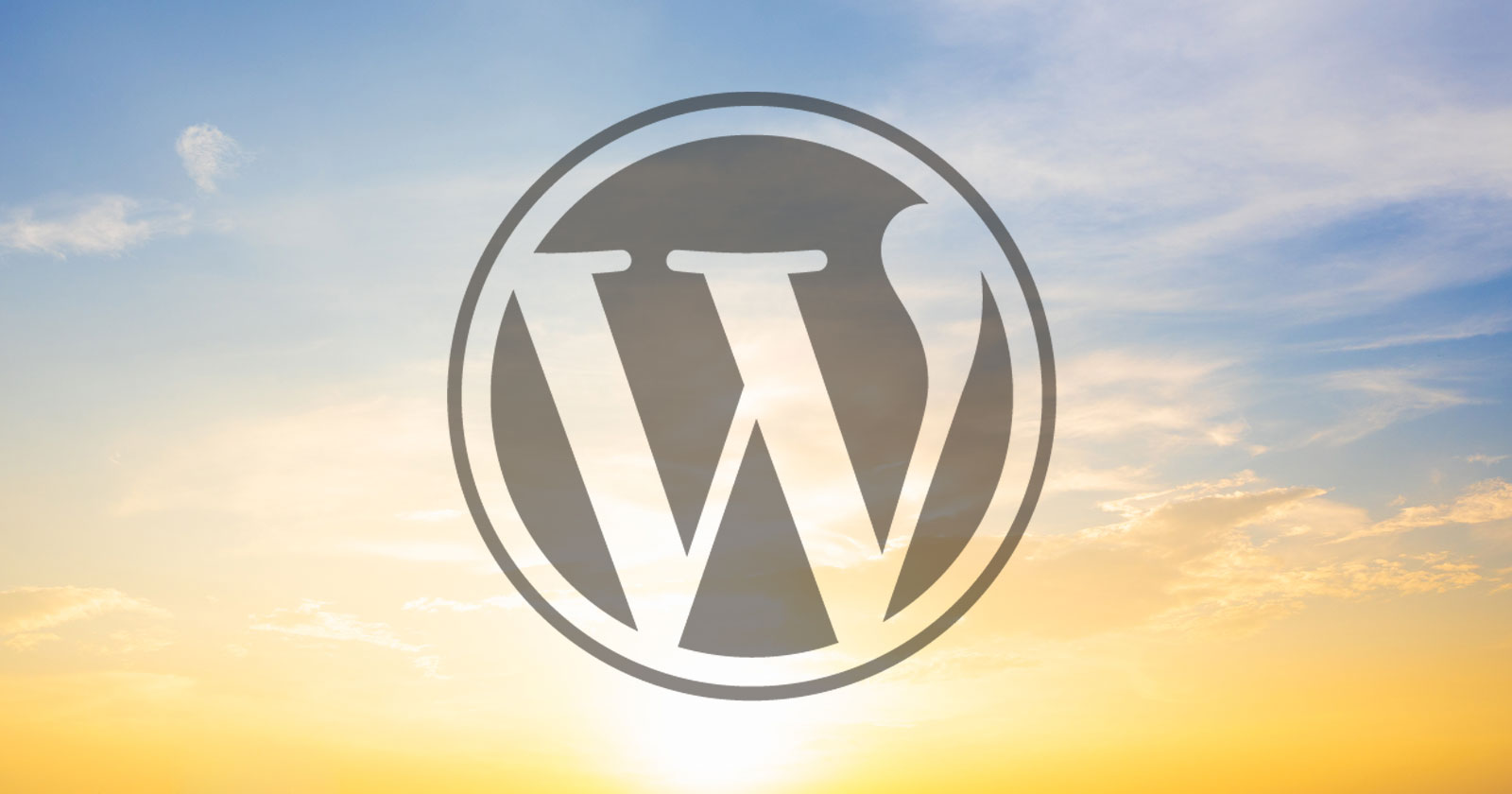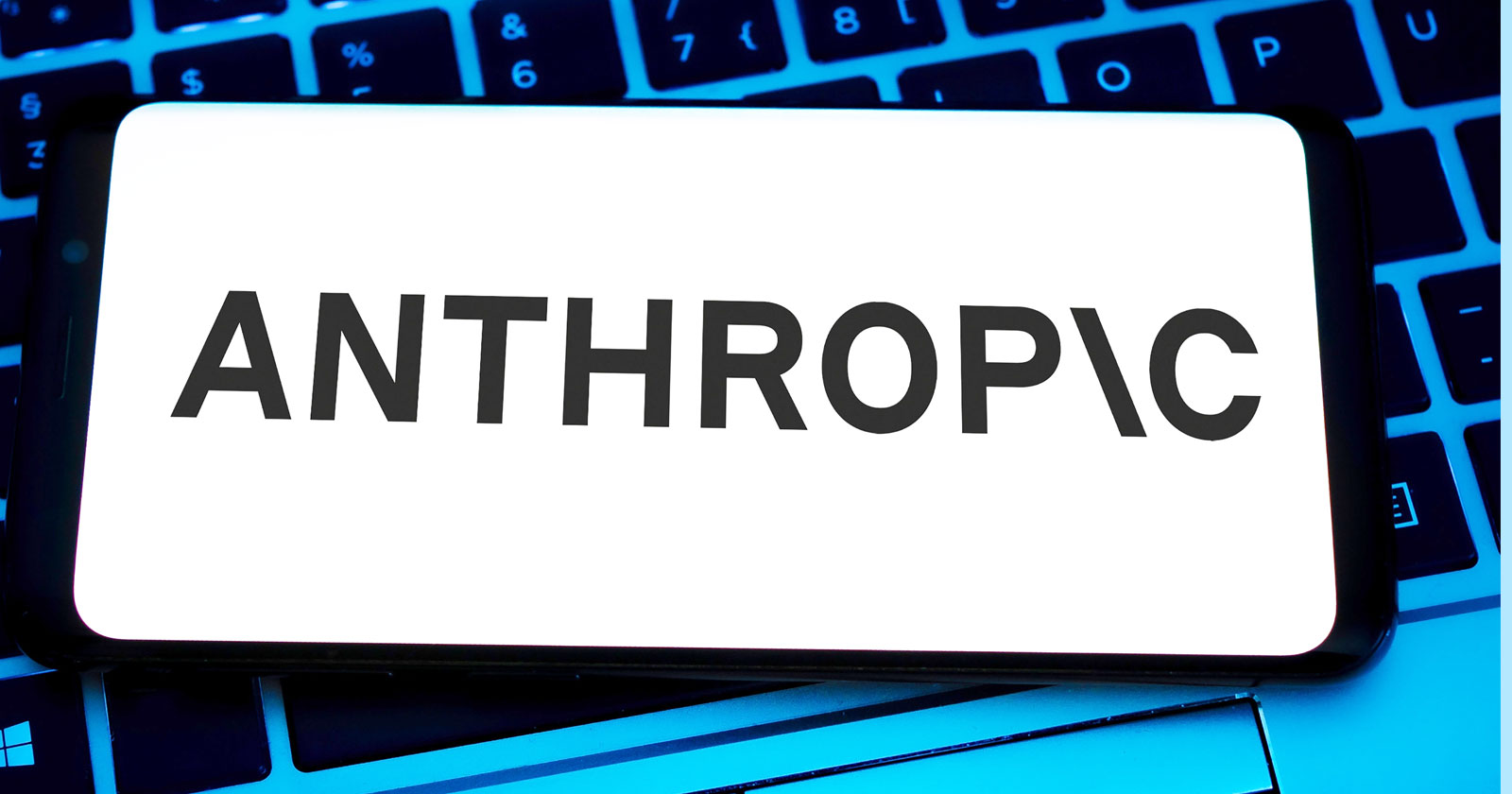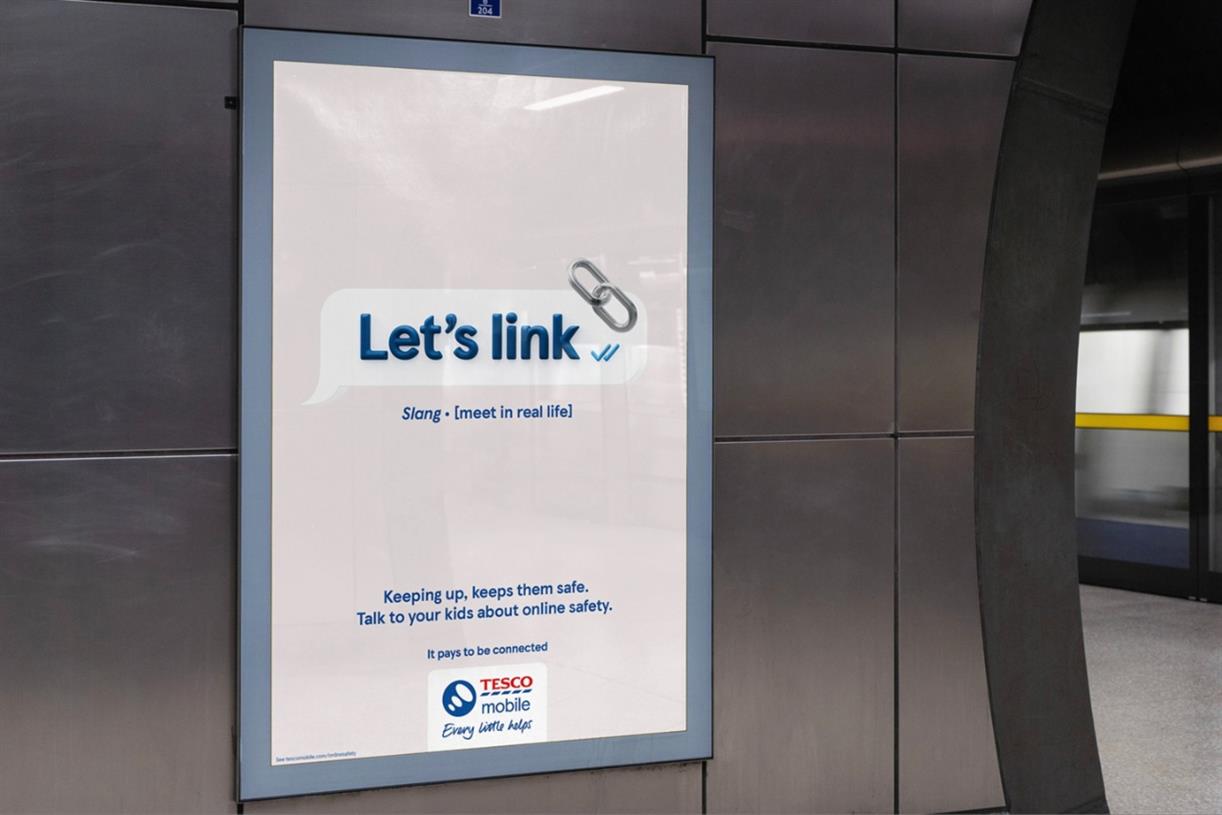How Unsecured Loans Work (and When You Should Get One)
Unsecured loans provide don't require collateral, but have higher rates—here's when this flexible borrowing option makes sense for your needs.


Credit: Bacho / Shutterstock
When you need to borrow money, you generally have two options: secured loans or unsecured loans. A secured loan is one where you put up an asset like a house or car as collateral, meaning the lender can seize that asset if you fail to repay the loan. An unsecured loan, on the other hand, requires no collateral—but it has some downsides.
What is an unsecured loan?
With an unsecured loan, lenders approve you to borrow money based solely on your creditworthiness and income rather than any assets you own. Some common types of unsecured loans include credit cards, student loans, and personal loans.
The biggest advantage of an unsecured loan is that you don't have to risk any of your property or assets to get the money you need. The downside is that these loans typically have higher interest rates than secured loans to offset the increased risk for the lender. Your credit score plays a big role in determining what interest rate you'll qualify for on an unsecured loan.
When does it make sense to get an unsecured loan?
An unsecured loan can be a good option in several situations:
You have good credit
If your credit score is good to excellent, you'll likely qualify for relatively low interest rates on an unsecured personal loan compared to other borrowing options like credit cards.
You don't want to risk assets
With no collateral involved, an unsecured loan protects your home, car, investments, and other assets if you run into trouble repaying the debt.
You need flexibility
Unsecured personal loans can provide funds for nearly any purpose, from consolidating credit card debt to covering emergency expenses.
However, there are also times when a secured loan may be preferable, especially if you have poor credit and high interest rates make an unsecured loan unaffordable. Putting up collateral on a secured loan can qualify borrowers for lower rates.
How to get an unsecured loan
So you're sold on the idea of borrowing money without pledging collateral. Can you stroll into your bank and ask for just that? Not quite.
The application process for an unsecured personal loan is more involved. Lenders will check your credit report, credit score, income, employment status, outstanding debts and overall financial situation before deciding whether to approve you for a loan and at what interest rate.
The most common sources for unsecured personal loans include banks, credit unions, and online lenders. Many allow you to begin the process by submitting an application online or over the phone. You'll need to provide information like your name, contact details, social security number, income, desired loan amount, and what you plan to use the funds for. The lender will then pull your credit report and other financial details before letting you know if you're approved or denied.
Overall, unsecured loans offer flexibility and convenience for borrowers with solid credit histories. Just be sure to understand the costs over the full loan term and have a plan to repay the debt. By weighing your options, you can decide if an unsecured loan is the right choice for your situation. For more, here are tips for paying off your loans early.

Meredith Dietz
Senior Finance Writer
Meredith Dietz is Lifehacker’s Senior Finance Writer. She earned her bachelor’s degree in English and Communications from Northeastern University, where she graduated as valedictorian of her college. She grew up waitressing in her family restaurant in Wilmington, DE and worked at Hasbro Games, where she wrote rules for new games. Previously, she worked in the non-profit space as a Leadership Resident with the Harpswell Foundation in Phnom Penh, Cambodia; later, she was a travel coordinator for a study abroad program that traced the rise of fascist propaganda across Western Europe.
Since then, Meredith has been driven to make personal finance accessible and address taboos of talking openly about money, including debt, investing, and saving for retirement. Outside of finance writing, Meredith is a marathon runner and stand-up comedian who has been a regular contributor to The Onion and Reductress. Meredith lives in Brooklyn, NY.

 Aliver
Aliver 

































